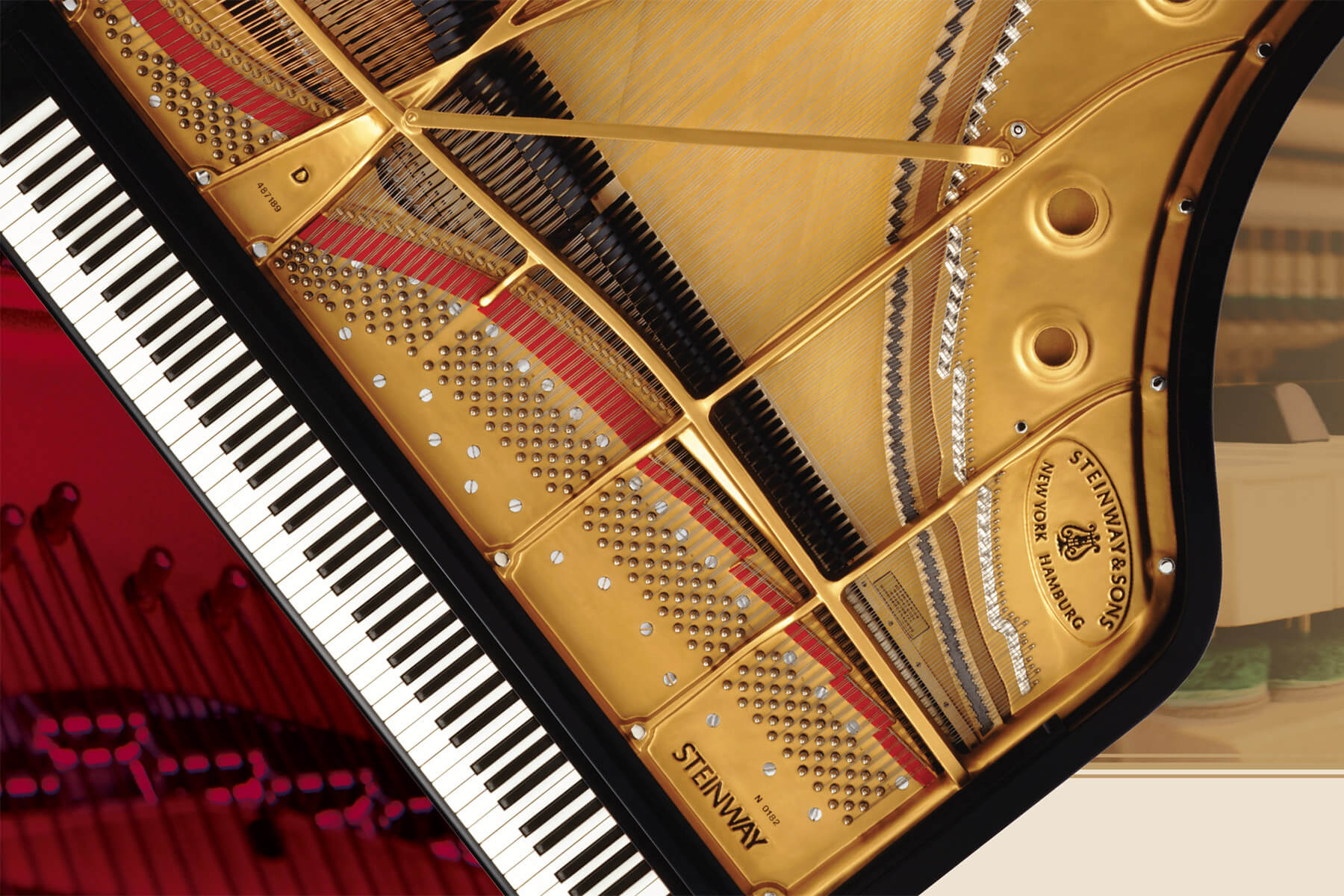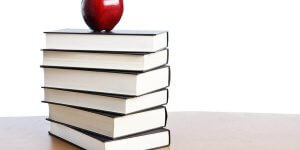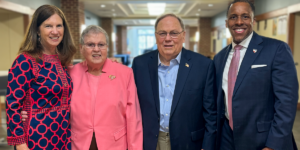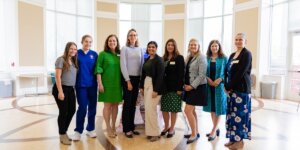Pianos serve an indispensable role in a conservatory education. Factor in the piano’s part in preparing graduates for satisfying careers in the arts, and you’ll find many good reasons why Shenandoah Conservatory is going All-Steinway.
It is early 2012. Pure sound floats from ivory smoothness and ebony darkness as fingers caress the keys. In Professor Elizabeth Temple’s piano studio, a student toils on a magnificent Steinway Model “B” grand piano, while Miss Temple (who retired in 2015) listens intently. Both are intellectually engaged, partners on an exciting journey of structure, contrast and emotion. Working side-by-side on identical Steinways, they labor toward a common goal, intent on the nuances of tone, technique and color. Both focused on preparing for that moment when the concert hall is hushed and the performance hangs in the balance, a pressure point waiting to begin with a single note. Just a heartbeat away, the spark of creative genius waits to fill the concert hall with endless possibility. It’s an experience Shenandoah Conservatory students rehearse hours upon hours—alone and in various ensembles—to fill with creative precision.
In Shenandoah’s dynamic, artistic community, nearly anything seems possible. So, in October 2011, when university leaders announced their intention to launch a $3 million fundraising campaign to transform Shenandoah Conservatory into an All-Steinway School, students and faculty greeted the news with enthusiastic support and excitement.
Shenandoah’s All-Steinway initiative demonstrates the university’s commitment to academic excellence and reinforces Shenandoah Conservatory’s long-standing reputation as a leader in performing arts education. To qualify as an All-Steinway School, 90 percent of the institution’s pianos—from practice rooms to classrooms to faculty studios and concert spaces—must be Steinway or Steinway-designed pianos. As a part of the $3 million fundraising campaign, $600,000 will be used to endow a fund for a full-time, Steinway trained and certified artist piano technician. When completed, 26 Steinways and 62 Steinway-produced Bostons of various shapes and sizes will comprise the new fleet of pianos, and Shenandoah Conservatory will join an elite group—six conservatories in the United States and 10 internationally—that bear the coveted “All-Steinway School” status.
“Steinway stands for excellence,” said Shenandoah Conservatory Dean Michael Stepniak. “It’s the most reliable piano in the world, and it’s at the heart of a conservatory education. To invest in a Steinway is to invest in a number of wonderful things. Yes, it’s an investment in the quality of music making in a community, but even more than that, it’s an investment in the students and the type of work they can do here.”
Steinway: Quality in Recruitment
“A Steinway program is a huge recruitment tool,” said Distinguished
Artist-in-Residence John O’Conor. “As our students learn and rehearse on Steinways—since 90 percent of the concerts they perform will be on Steinways—it gives them a tremendous competitive advantage. As teachers, we can advise them better and help them develop as artists. It takes an enormous commitment to go All-Steinway, and it shows the seriousness of the administration to our students.”
Steinway: A Range of Possibilities
Steinway pianos are considered the premier-quality piano worldwide. Each one is hand crafted for excellence, and artists who train on them reap a range of benefits that these exceptional instruments provide.
“It’s all about the sound, and there’s a whole range of possibilities,”
said Temple. “Playing it in certain ways, you can draw out really delicate, warm sounds, and yet, at the same time, they can be intensely powerful, full and rich. The All-Steinway initiative gives conservatory students a chance to rehearse and play on instruments they will encounter in professional performance venues. It helps them understand what to expect and how to prepare accordingly.”
“Anytime you have an instrument like a Steinway, you’re going to engage in a creative process at a much higher level,” said Professor of Music Clyde Shaw, who teaches cello and coaches a variety of instrumentalists, including pianists, in chamber ensembles. “Having a Steinway piano in a rehearsal or a coaching session is really important, not only in terms of how the pianists interact with the instrument, but how students are able to hear a quality instrument as a backdrop to what they’re doing.”
Pianos: The Cornerstone of a Conservatory Education
Pianos can be found in the orchestra pit and in learning spaces, studios and concert halls throughout the conservatory. They’re used in nearly every discipline: from choral to chamber music and musical theatre to dance. In some way, all students—instrumentalists,
vocalists, composers, music educators, actors and dancers—will rehearse, perform or interact with a piano during their time here.
“Shenandoah Conservatory students are on the path of discovering their own possibilities. Just having these instruments here is critical and vital to that endeavor,” said Temple.
According to Shenandoah University Trustee Mary Shockey, this initiative will take Shenandoah Conservatory from being a very good conservatory to an excellent one. “There’s a very good plan in place to raise money incrementally to purchase the pianos and to hire a technician to maintain them,” she said. “Sometimes you’re given those moments in life to go from good to great, and this is one of those moments for Shenandoah.”
The initiative will also affect the quality of performances for local audiences. “All-Steinway status means something very special, not only to our students, but also to our community,” said Stepniak. “It provides a new level of music making I know is going to enrich many, many lives beyond our own students.”




